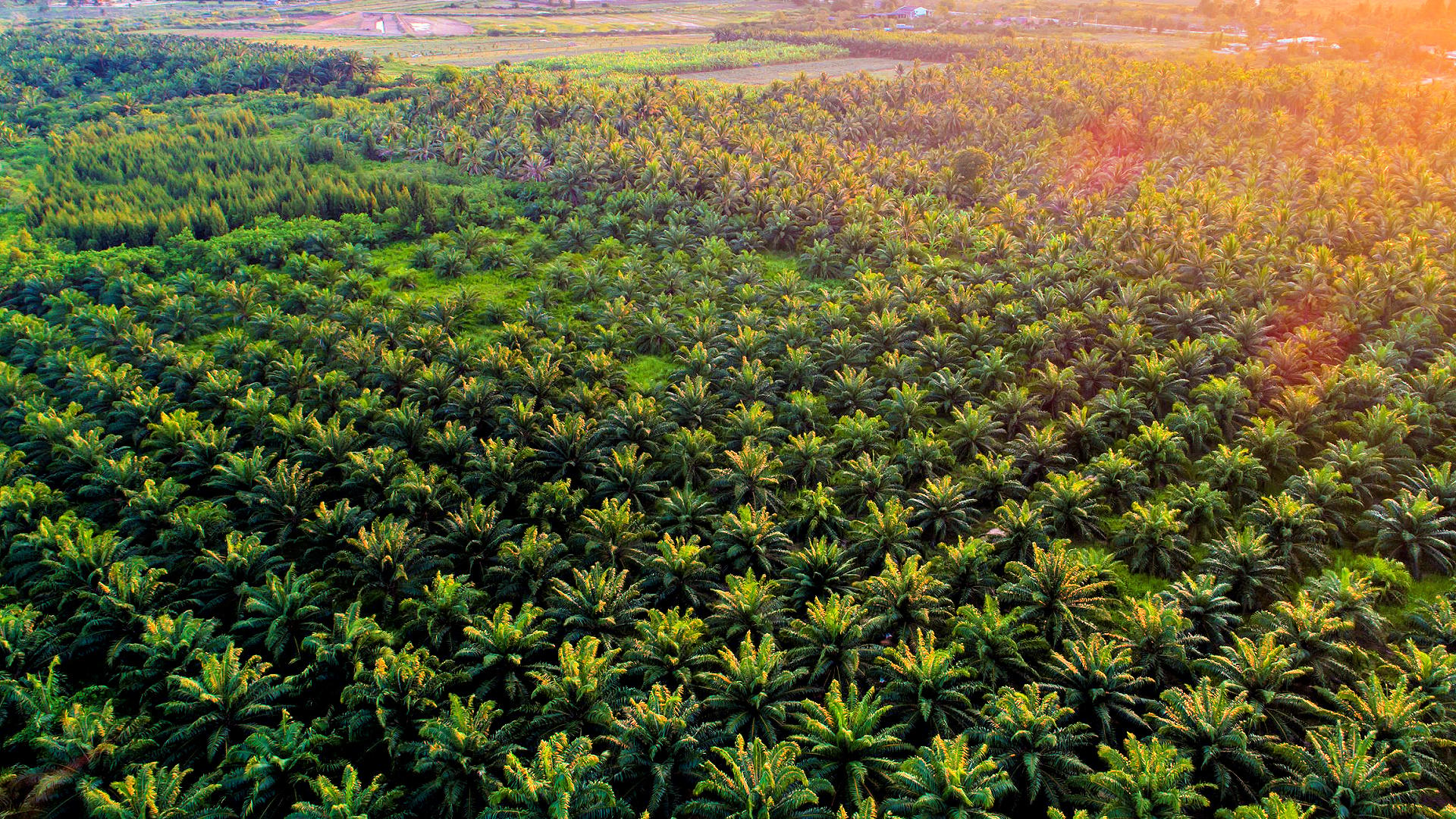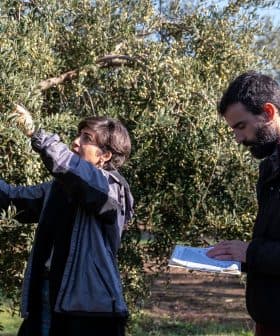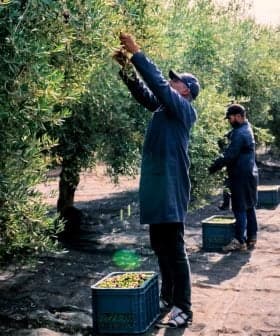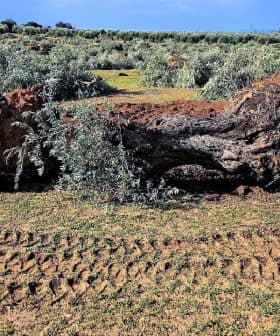Unilever Bets on Blockchain Tech for Deforestation-Free Certified Palm Oil

Unilever has launched a pilot project using SAP blockchain technology to certify the origin of its palm oil, aiming to enhance transparency and sustainability in the production process, particularly involving small-scale producers in the countries of origin. The project aims to address the issue of uncertain origins of palm oil, which has been linked to deforestation activities, and comply with upcoming European regulations requiring certification and transparency in the supply chain.
Unilever, one of the world’s largest food producers, has announced a pilot project based on SAP blockchain technology to certify the origin of its palm oil.
According to the company, the project could open the door to a new era for transparency, traceability and sustainability of palm oil production, with the involvement of small-scale producers in the countries of origin.
Our solution allows companies to tell what percentage of palm oil products they purchased from a sustainable origin and track it to the end consumer product.
The uncertain origins of palm oil have been associated with massive deforestation activities.
“Raw materials like palm oil are often mixed with physically identical raw materials from verified sustainable and non-verified sources after the ‘first mile’ of the supply chain, causing the origin information to be either hidden or lost,” Unilever said in a press release.
See Also:55 Percent of Consumers Prefer Sustainable Food Options, Survey FindsThe need to certify and verify the origin of palm oil is due to the growing interest shown by consumers worldwide regarding the environmental impact of food.
It is also due to stricter regulations increasingly enforced at an international level. For example, the European Commission has recently confirmed that it is working to halt all imports of goods linked to deforestation.
Unilever’s pilot project in Indonesia deployed the GreenToken blockchain technology to source more than 188,000 tons of palm fruit.
According to the company, Unilever’s palm fruit sources created tokens that “mirror the material flow of the palm oil throughout the supply chain and capture the unique attributes linked to the oil’s origin.”
As a result of this process, Unilever could track, verify and report the origin of the product and its processing throughout the supply chain.
Andrew Wilcox, senior manager at Unilever, told FoodNavigator that the new system “leverages existing business processes like creating purchasing orders, good receipts and weighbridge logs, to originate and transfer these indivisible and unreproducible commodity tokens and keep the accounting transparent at each stage of the supply chain.”
This information allows the company to comply with the incoming European regulations, which will require producers to voluntarily certify and offer complete access to information such as the type of commodity, production volumes, involved suppliers and the country of production.
According to the commission, exporters will have to specify the exact geographic coordinates of the production and certify that their product chain abides with local laws.
According to Nitin Jain, general manager of SAP GreenToken, the platform allows companies “to bring the same traceability and supply chain transparency to bulk raw materials that you get from scanning a bar or QR code on any consumer product.”
“Our solution allows companies to tell what percentage of palm oil products they purchased from a sustainable origin and track it to the end consumer product,” he added.
Unilever has noted that it plans to achieve a deforestation-free supply chain by 2023.
The company’s partners, such as Golden Agri-Resources, said the new platform enhances the transparency of their operations and facilitates the flow of information between different supply chain actors.
According to Wilcox, blockchain technology could significantly impact tropical forests where smallholders “are often located next to the planet’s most exceptional biodiversity, the most carbon-rich forests and peatlands and often the most endangered ecosystems where their production decision have the most outsized impacts.”
Unilever said the new platform could prove “transformational” for smallholder inclusion since they could access certification both of their sustainable practices and how they progress over time.
“This virtual segregation enabled by blockchain, and paired with the fist-mile traceability data, can capture information about the smallholders’ farming practices and environment to show the effort and progress made by smallholders towards sustainability,” Wilcox told FoodNavigator.
While many countries on four continents produce palm oil, the largest producer remains Indonesia which, according to the United States Department of Agriculture (USDA), accounts for 59 percent of global production. About 40 percent of Indonesian production comes from small-scale farmers.
The USDA estimates that in 2022/23, production will grow to 46 million tons in Indonesia, 500,000 tons more than the previous year, due to “favorable weather and higher prices for producers.”
According to the USDA, exports in the period should rise to 30 million tons due to growing demand from China and India.
The United Nations Food and Agriculture Organization (FAO) has estimated that between 1990 and 2020, 420 million hectares of forest were globally lost to deforestation.
Even counting the newly planted or regenerated forest, which can only partially compensate for the loss, 178 million hectares were lost in that period, an area approximately large as the whole of the U.S. state of North Dakota.









